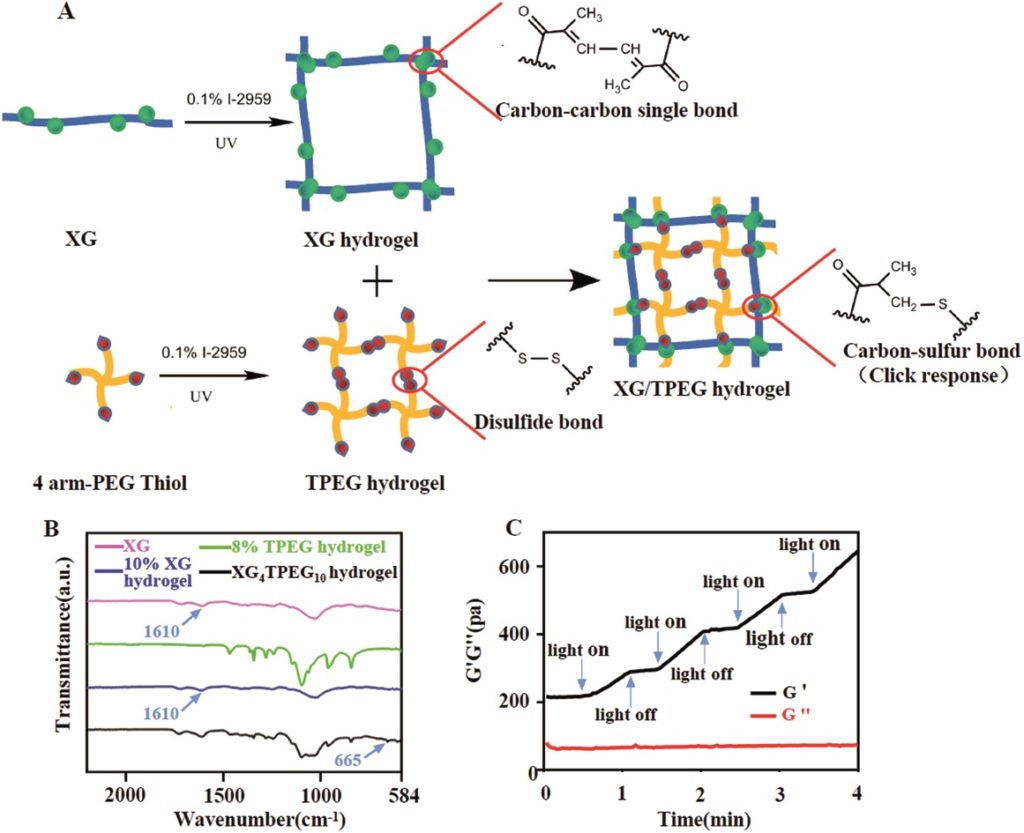To celebrate Women In Science Day, we have collected some excellent articles by our female editorial board members and associate editors.
We hope you enjoy reading these articles! As always, they’re all free to read & download.
Lamellar zeolites: an oxymoron?
F. Solânea O. Ramos, Mendelssolm K. de Pietre and Heloise O. Pastore
RSC Adv., 2013, 3, 2084-2111
DOI: 10.1039/C2RA21573J, Review Article
UV light promoted ‘Metal’/‘Additive’-free oxidation of alcohols: investigating the role of alcohols as electron donors
Preet Kamal Walia, Manik Sharma, Manoj Kumar and Vandana Bhalla
RSC Adv., 2019, 9, 36198-36203
DOI: 10.1039/C9RA06490G, Paper
Biorefinery of turmeric (Curcuma longa L.) using non-thermal and clean emerging technologies: an update on the curcumin recovery step
Maria Isabel Landim Neves, Monique Martins Strieder, Renata Vardanega, Eric Keven Silva and M. Angela A. Meireles
RSC Adv., 2020, 10, 112-121
DOI: 10.1039/C9RA08265D, Paper
Multimodal theranostic assemblies: double encapsulation of protoporphyrine-IX/Gd3+ in niosomes
F. Baris Barlas, Bilal Demir, Emine Guler, A. Murat Senisik, H. Armagan Arican, Perihan Unak and Suna Timur
RSC Adv., 2016, 6, 30217-30225
DOI: 10.1039/C5RA26737D, Paper
Effects of optical and magnetic fields on the electrical characteristics of colloidal graphene quantum dots
Sukanta Nandi, Shanmukh Naidu Majji and Abha Misra
RSC Adv., 2016, 6, 40577-40584
DOI: 10.1039/C6RA03205B, Paper
Gas-phase UV absorption spectra and OH-oxidation kinetics of 1H-1,2,3-triazole and pyrazole
Brahim Samir, Carmen Kalalian, Estelle Roth, Rachid Salghi and Abdelkhaleq Chakir
RSC Adv., 2019, 9, 27361-27368
DOI: 10.1039/C9RA04235K, Paper
Towards the electrochemical diagnosis of cancer: nanomaterial-based immunosensors and cytosensors
Ülkü Anik and Suna Timur
RSC Adv., 2016, 6, 111831-111841
DOI: 10.1039/C6RA23686C, Review Article
Nickel hydroxide coated carbon nanoparticles mediated hybrid three-dimensional graphene foam assembly for supercapacitor
Buddha Deka Boruah and Abha Misra
RSC Adv., 2016, 6, 36307-36313
DOI: 10.1039/C6RA04918D, Paper

Submit to RSC Advances today! Check out our author guidelines for information on our article types or find out more about the advantages of publishing in a Royal Society of Chemistry journal.
Keep up to date with our latest HOT articles, Reviews, Collections & more by following us on Twitter. You can also keep informed by signing up to our E-Alerts.











 We are very pleased to introduce Peige Wang, co-author of the paper ‘
We are very pleased to introduce Peige Wang, co-author of the paper ‘



 This conference will provide the opportunity for established and emerging researchers from academia and industry around the world to come together and share their research on biocatalytic amine synthesis. It will showcase recent advances in biocatalysis research, covering various cutting edge topics in the field, from the identification and engineering of amine forming enzymes and their application to the development of new enzymatic cascades.
This conference will provide the opportunity for established and emerging researchers from academia and industry around the world to come together and share their research on biocatalytic amine synthesis. It will showcase recent advances in biocatalysis research, covering various cutting edge topics in the field, from the identification and engineering of amine forming enzymes and their application to the development of new enzymatic cascades.
